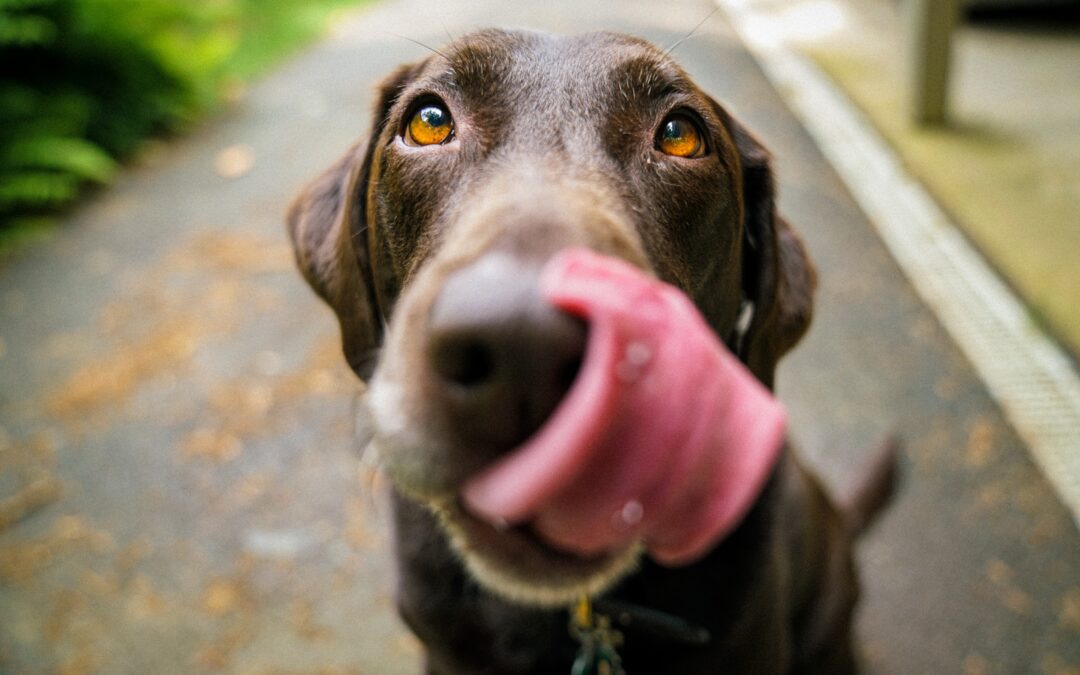How to Include Your Pet in Your Disaster Plan
As Disaster Preparedness Month approaches this September, it is important that we not only prepare ourselves for potential disasters but also our furry family members. When a disaster strikes, such as a hurricane, earthquake, or wildfire, it can be a time of chaos and confusion. However, having a plan in place for your pet ahead of time can make all the difference. As veterinarians and animal hospitals, we are responsible for educating pet owners on the importance of disaster preparedness for their pets. This blog will explore how to include your pet in your Disaster Plan.
First and foremost, having an emergency kit for your pet is crucial. This should include food, water, medications, a leash, a collar with identification tags, and other necessary supplies for your pet’s health and comfort. Having a crate or carrier ready may also be helpful if you need to evacuate.
Next, having a designated safe location for your pet is crucial in case you cannot bring them with you during an evacuation. This could be a friend’s or family member’s house, a boarding facility, or a pet-friendly hotel. Make sure to have important contact information for this location readily available, as well as information for local animal shelters and veterinary hospitals, in case your pet becomes lost or injured.
In addition, it is crucial to ensure that your pet’s identification is up-to-date. This includes their collar tags as well as any microchip information. In the chaos of a disaster, pets can quickly become separated from their owners, but having updated identification can aid in their safe return home.
Finally, practicing your Disaster Plan with your pet before a disaster is essential. This can include taking your pet on car rides with their crate or carrier to get them used to it and practicing evacuation drills with them.
In honor of Disaster Preparedness Month, we encourage you to take the necessary steps to include your pet in your Disaster Plan. If you have any questions or concerns, please do not hesitate to contact us for further guidance and assistance in keeping your pet safe.

